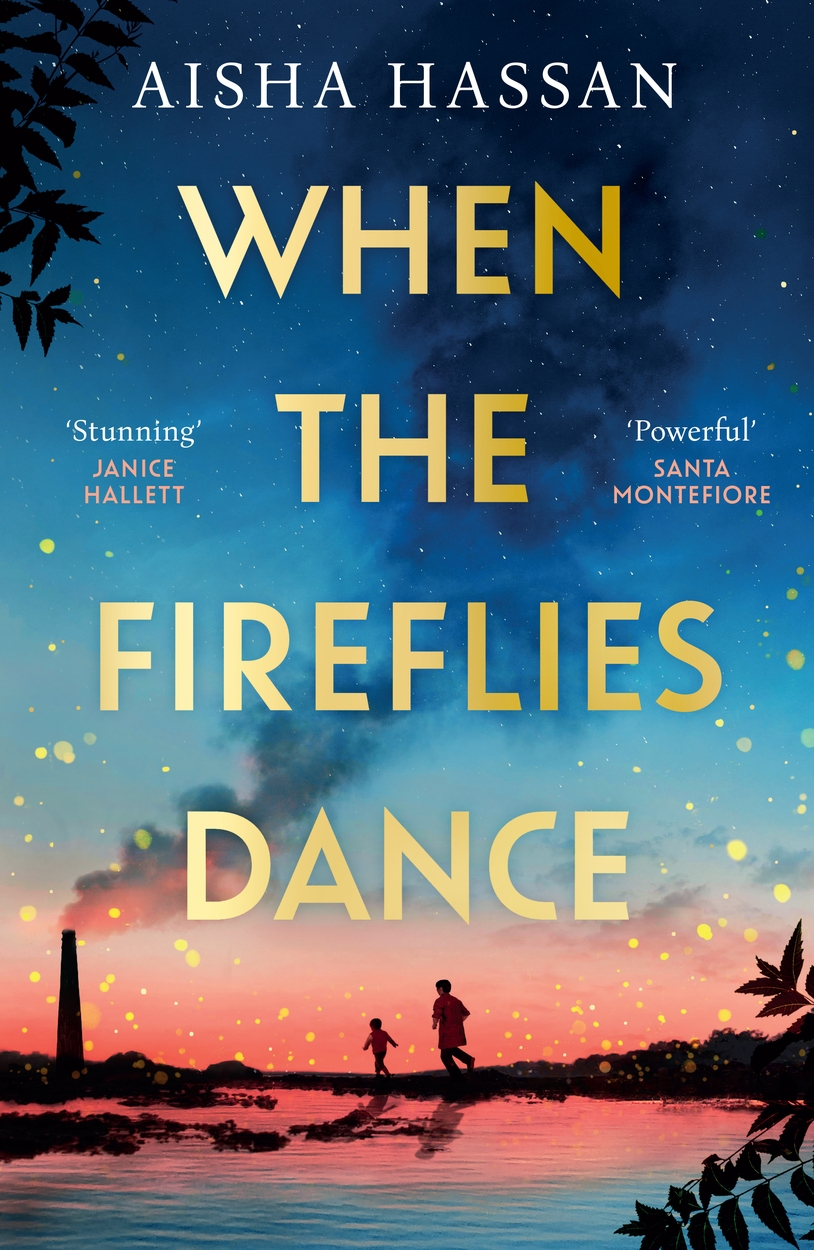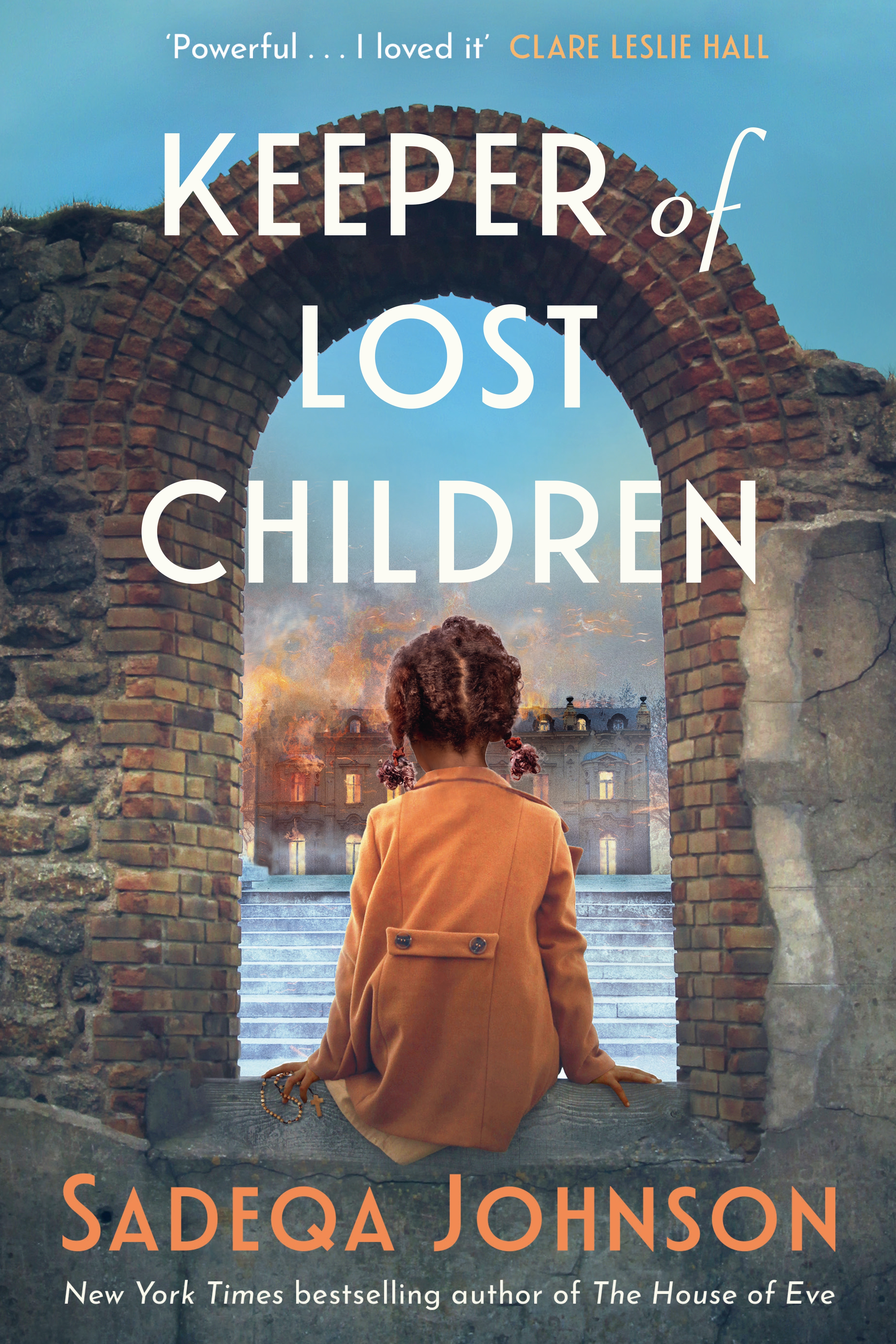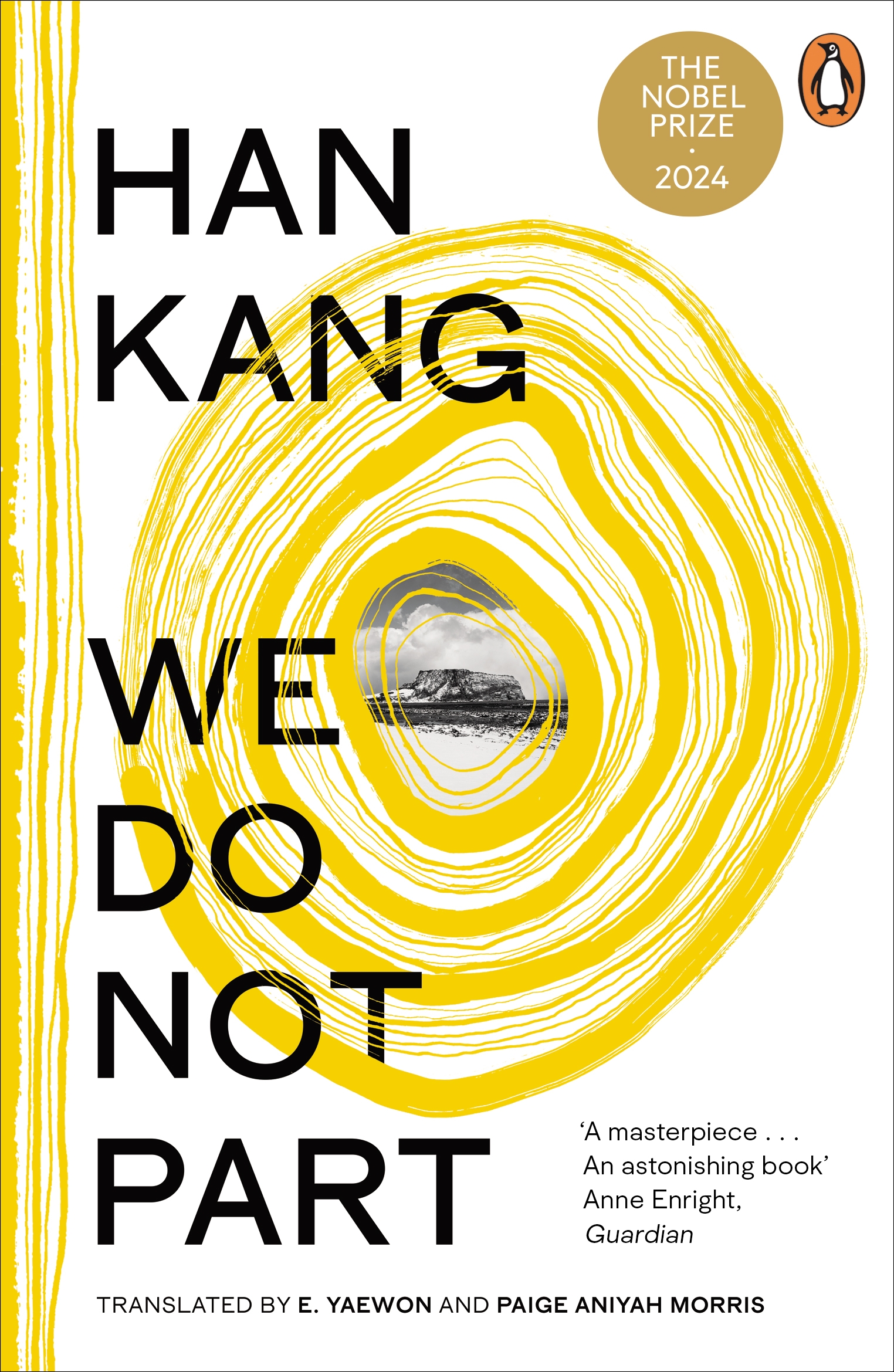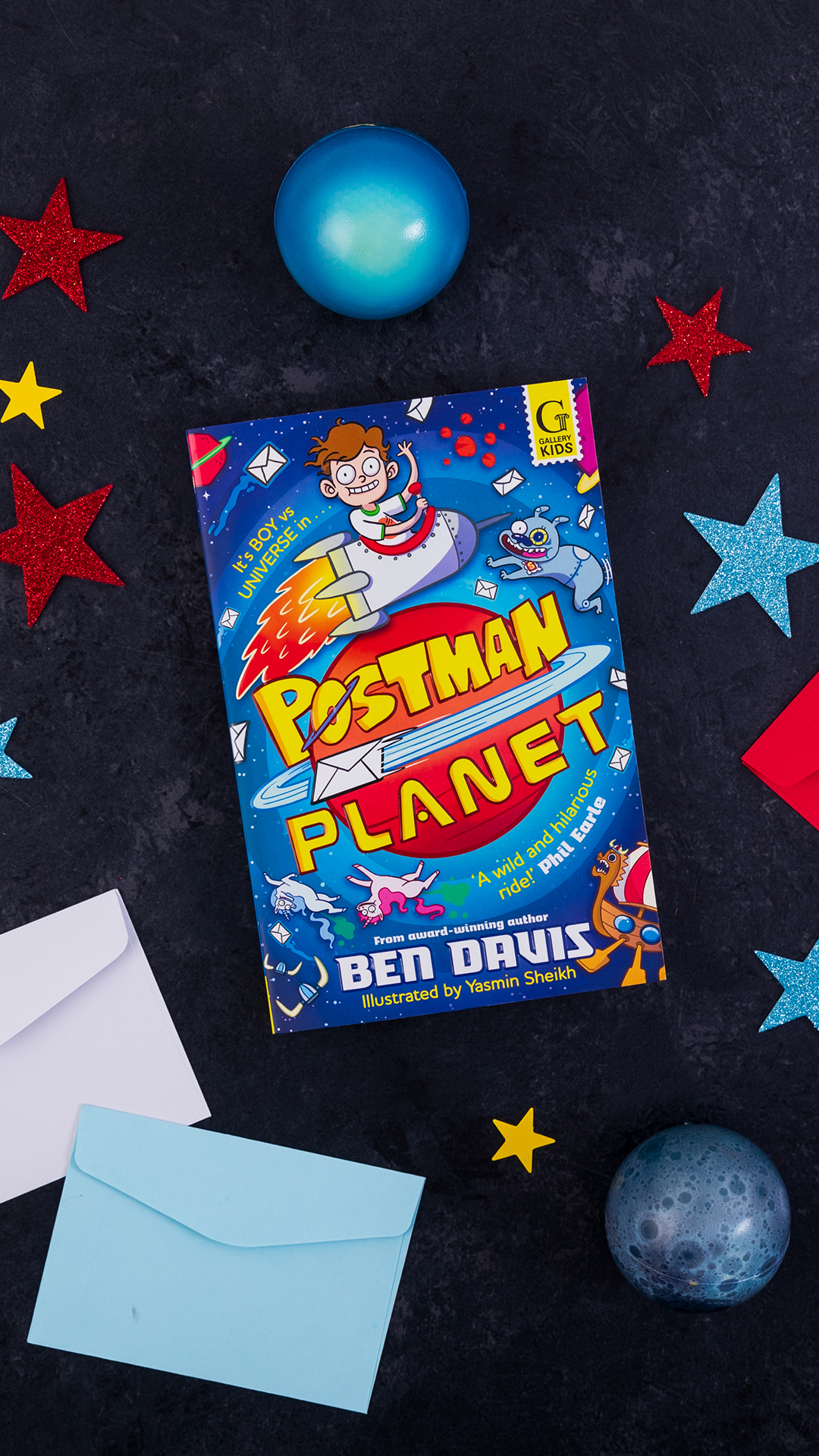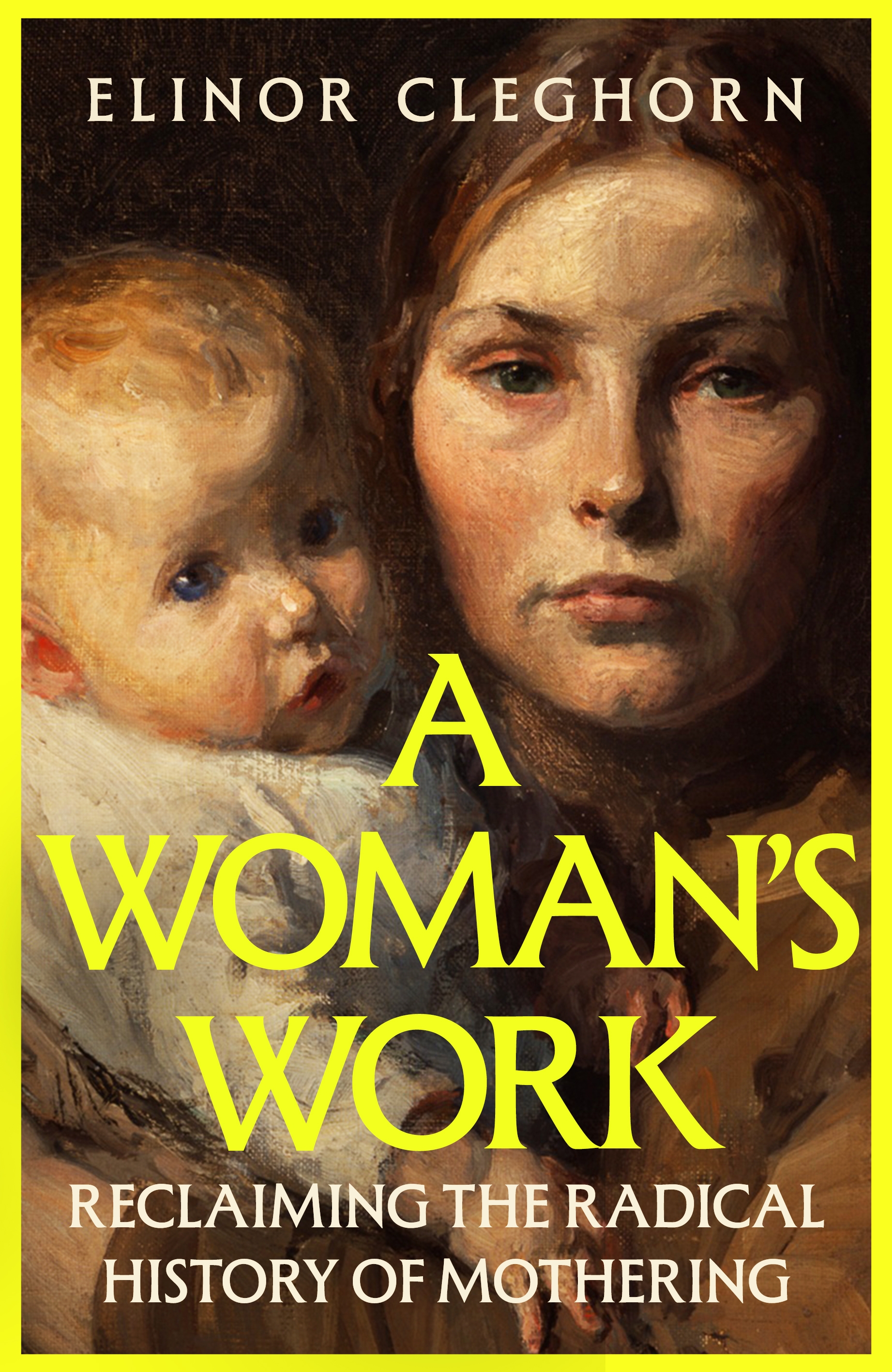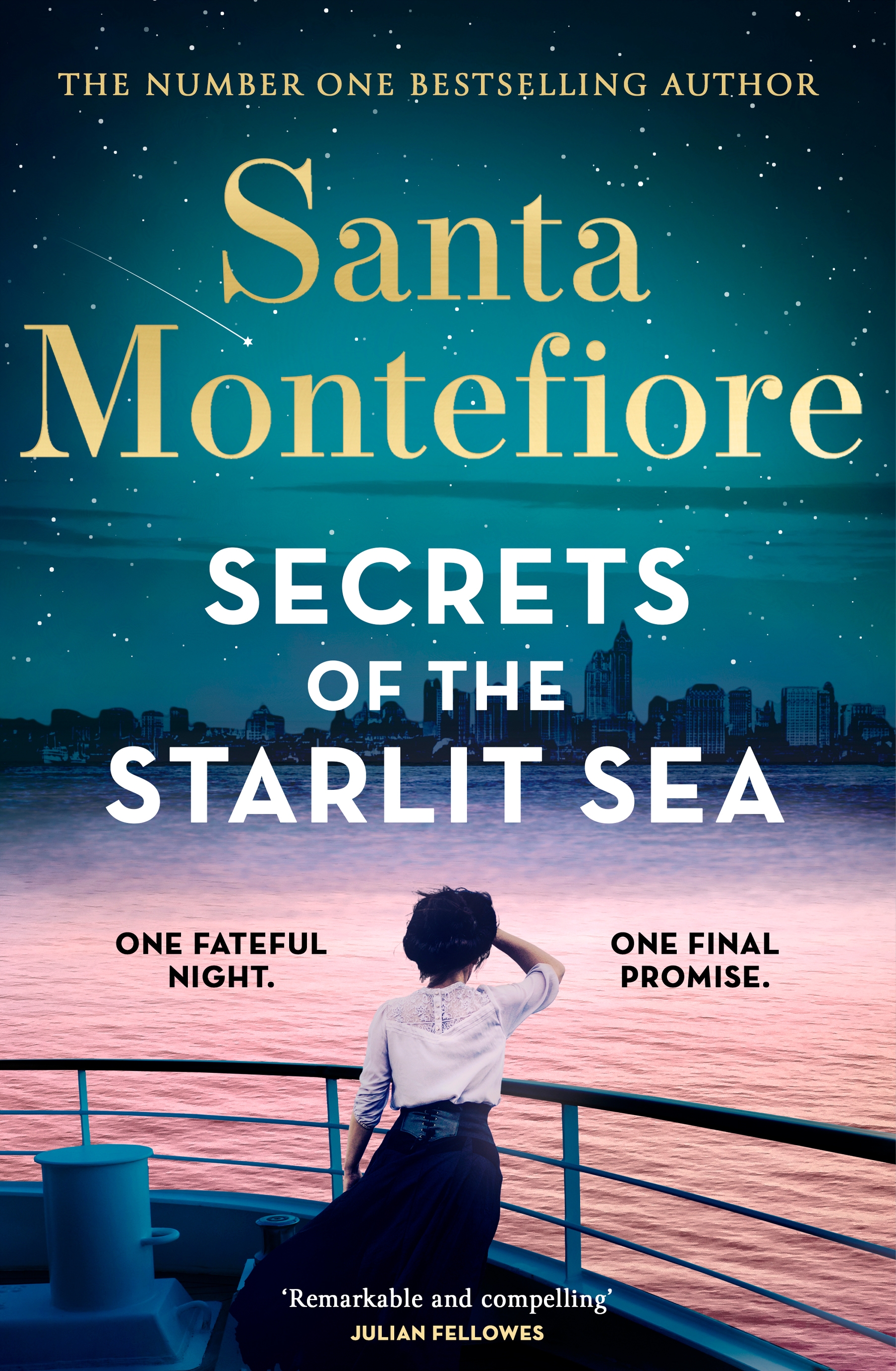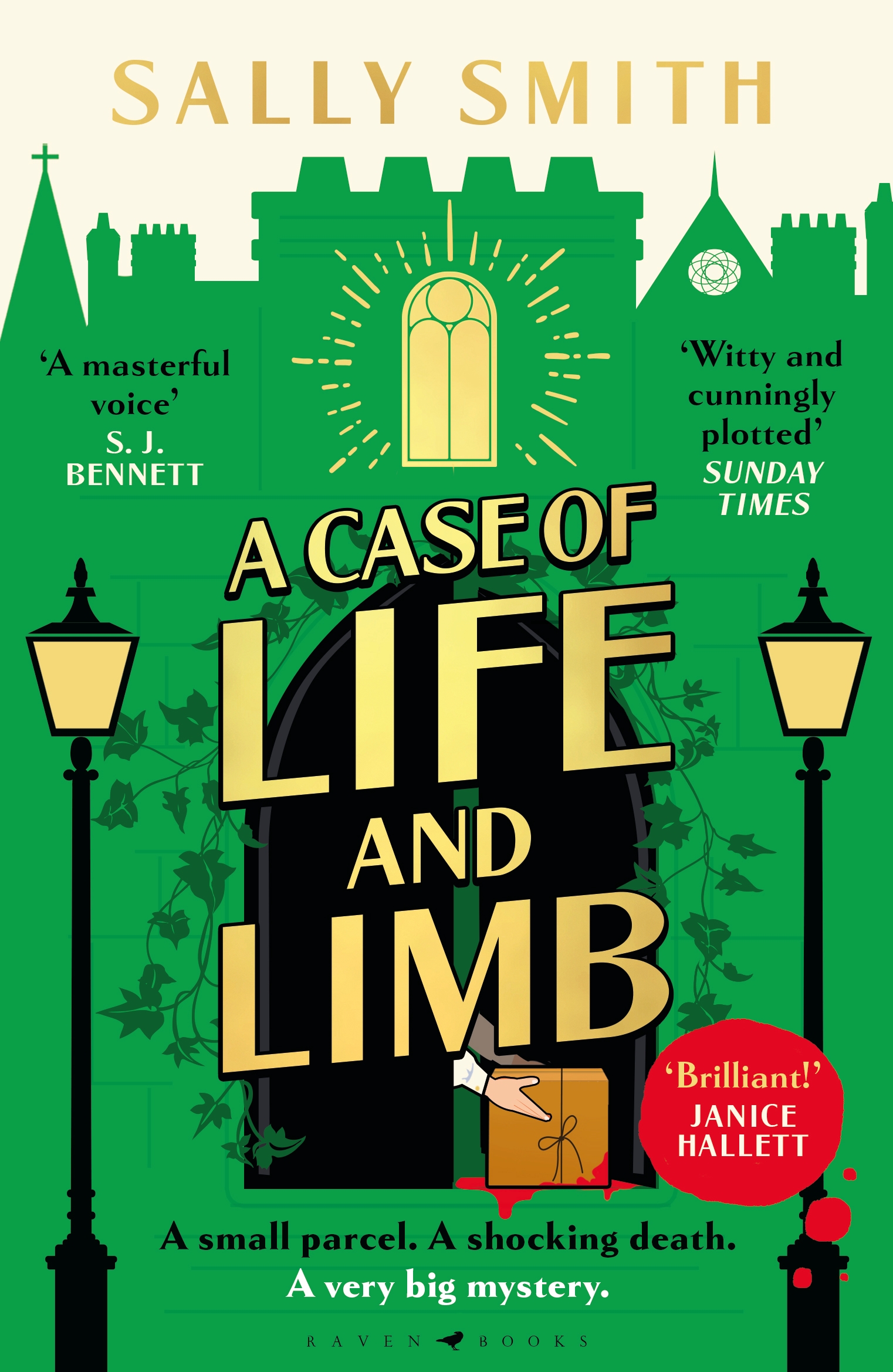The House at the Edge of the World

As seen:
Reviews
St Just Monday Morning Reading Group 30th September 2024.
The house at the edge of the world. Julia Rochester.
An interesting book, easy to read, and ‘straightforward’ at least in terms of plot, readers thought. At the same time, however, it did raise a number of issues: the reasons for a family’s dysfunctionality; a father’s responsibilities to his children; and some of the mindsets and behaviour of twins, for instance.
The characters in this book were quite clearly drawn, we agreed, and a lot of them were very dislikeable. One reader ascribed most of the family’s troubles to Matthew, the grandfather – an unpleasant, uncaring person, mostly responsible for there being no love in the house. His motives for selling the land were not clear, but after this his obsession with the map, which became the world he lived in, benefitted no one particularly except himself. All of this cast a shadow over the family, and the book has a generally oppressive atmosphere.
The disappearance of John, the father, and his presumed drowning, later disclosed as merely his escape from his family, was obviously a selfish act which particularly let down his children; his wife (who had had a lot to put with) pursued her own path thereafter. Some readers did, and some did not, predict John’s reappearance in the story.
We discussed the twins and their points of view; two readers with twins of their own said they thought the depiction of Morwenna and Corwin was realistic. The question of their father thinking they were having an incestuous relationship was considered, and we thought that this was probably a mistake on John’s part. Someone wondered whether Morwenna was on the autistic spectrum.
Some thought the book over-written – too much description and too many adjectives. Others enjoyed the descriptions. Daphne du Maurier’s Rebecca was mentioned, as a story which had a similar dark shadow over it; Rebecca was considered to be a narrative with a much easier flow to it, however, whereas this one appeared to be “trying too hard”. Also we thought possibly it took too long to get to the point.
We spent quite a long time talking about various aspects of this book, and in the end we decided that it asks more questions than it answers. The author starts a number of threads: the map and its message to the family; Morwenna’s solitude expressed in her profession as a bookbinder; Corwin’s opposite choice of aid worker; Morwenna’s sending books to Corwin while he was abroad; all of these teased the reader into thinking there was something to be revealed here, but they were all left dangling enigmatically. A very interesting book, we concluded, without necessarily being a likeable one.
